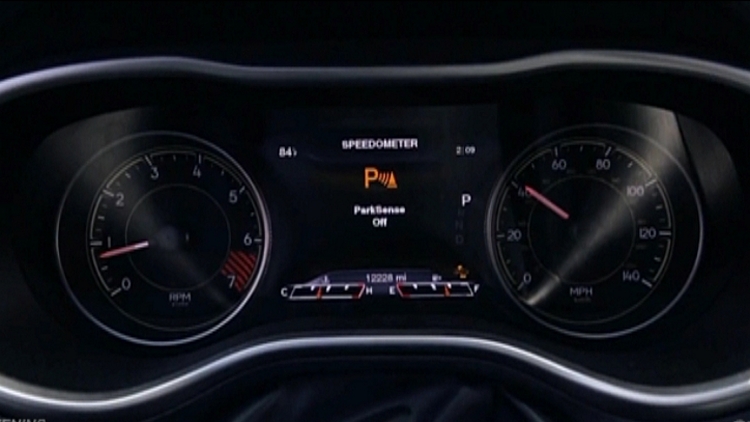
LATEST STORIES:


[projekktor id=’20114′]
A report showing hackers remotely shutting off a Jeep Cherokee’s engine while on a highway is raising concerns about auto-cyber security.
Fiat Chrysler says it has a software fix that will prevent future hacking of its vehicles, but experts say the issue of finding and exposing weaknesses in new technologies isn’t a new problem.
A video from Wired magazine shows two hackers wirelessly controlling a 2014 Jeep Cherokee while reporter Andy Greenberg is left powerless behind the wheel, exposing a flaw in the vehicle’s “u-connect” service that hooks up with the sprint network.
“You have to first break into the car remotely over the cell network and then move laterally if you want to do something like send messages that we can use to control things like steering or windshield wipers or breaking.”
“Really what is happening is we have new technology, it’s being introduced and because it’s new we don’t know where the risks are and so there are holes.” says Ken Owen, a cyber security expert.
Owen says whenever new technology is developed companies usually focus on innovation first, looking for security holes is a secondary process.
“When you see new technology appear you’re pretty much guaranteed there is going to be a problem. There is going to be something someone didn’t think of that could be misused to cause some form of harm.”
Fiat Chrysler says it’s fixing it’s problems exposed by hackers by releasing a software update.
“The company monitors and tests the information systems of all of its products to identify and eliminate vulnerabilities in the ordinary course of business.”
Owen says this issue isn’t limited to cars and it isn’t new.
“I’ve heard stuff being down with air traffic control in it’s early stages of development of it’s telemetry type systems.”
“If there is a connection into something, if you can look into it, you can play with it.”
Fiat Chrysler says Canadian market vehicles aren’t susceptible to the vulnerability because they don’t have the same embedded phone component as the U.S. models.